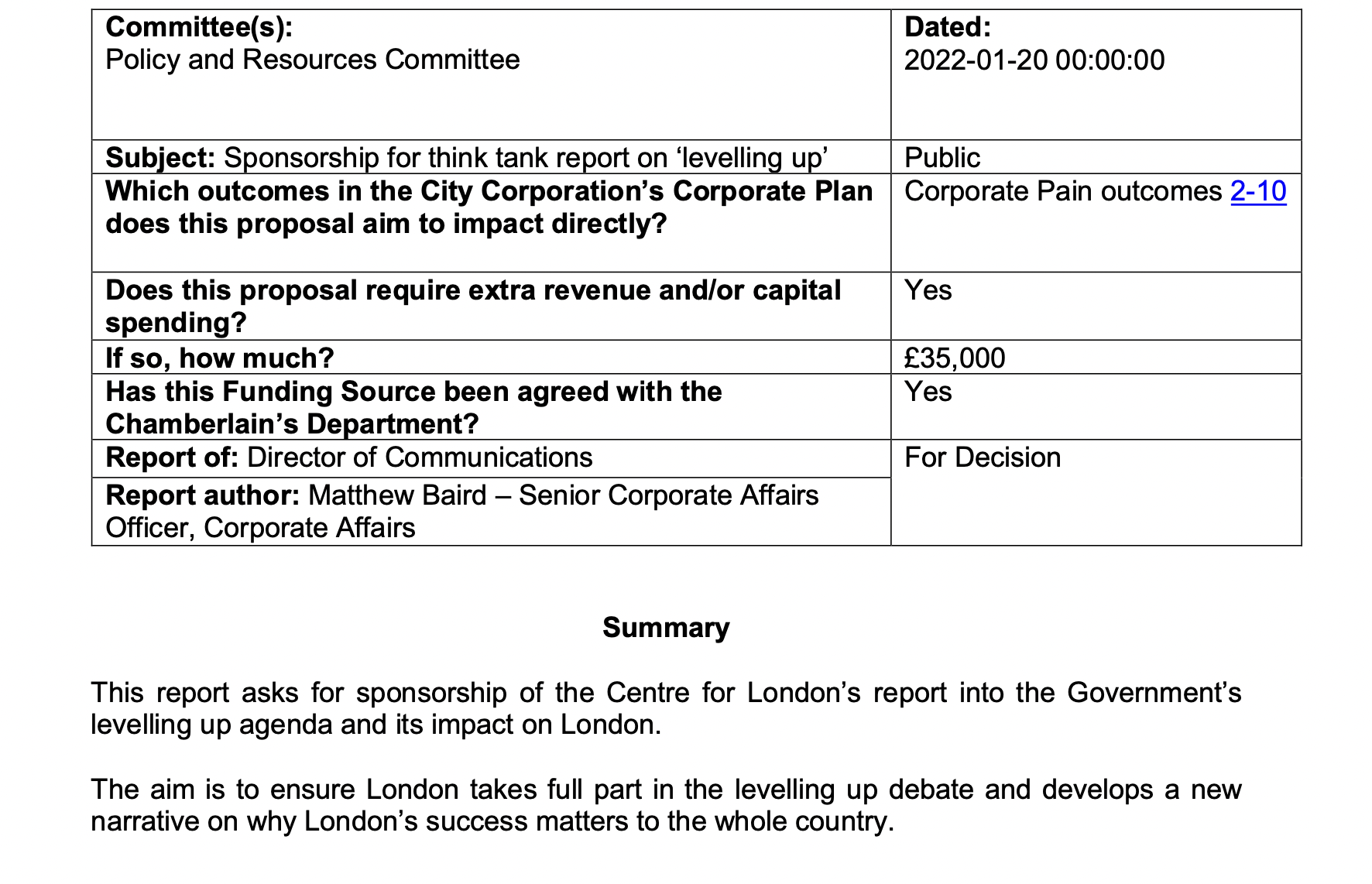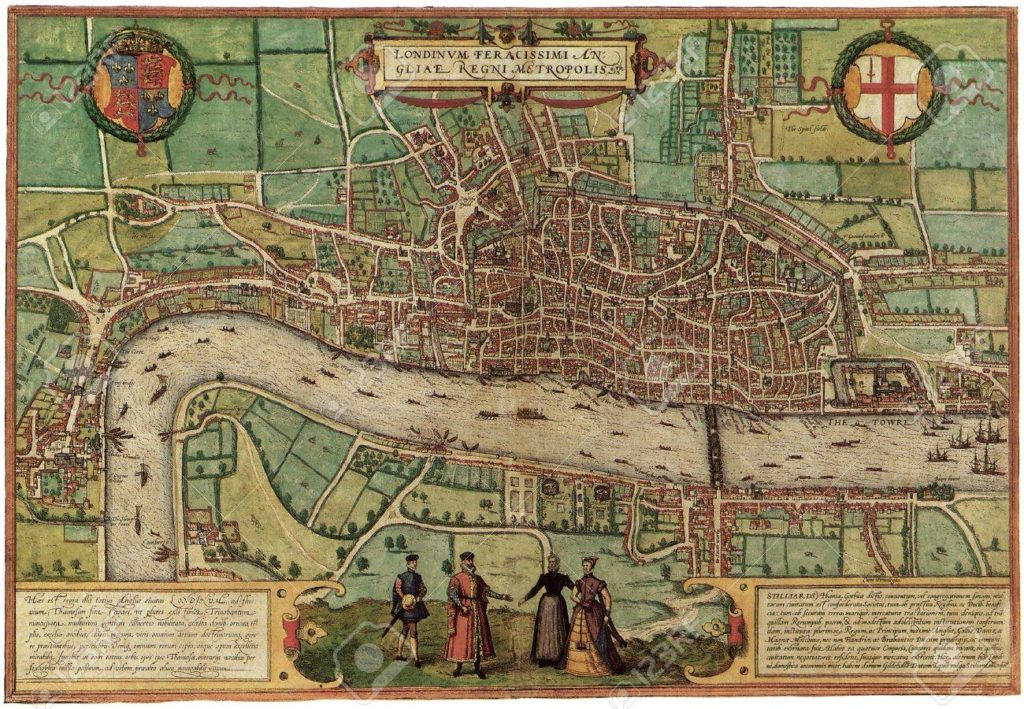Carnival at the Caledonian Club with Sion College

There is a network for clergy in London that encourages conviviality and “godly learning” and it is called Sion College. Like many such institutions that have their provenance in the City of London it has fellows and a “court” and wardens and deans and chains of office. About twenty years ago it flogged off its building and filleted its library so there is money in the bank for feasting. I went to my first such event this week at the Caledonian Club.
Catherine McGuinness was speaking. Ms McGuinness has been the chair of the City’s Policy Committee for the last five years and is about to hand over the baton. Her topic for the assembled clergy was “levelling up” and the role that the City of London’s financial services can play in this. I guess that’s the sort of thing that clergy want to hear over their Beef Wellington in a Haggis roll.
I had a little butcher’s at the City’s website before the meeting and I found the report of a new policy to reposition the City’s profile in the national “levelling up” debate. The City feels that it is at risk of being left behind and that there is work to be done in London too. They note that there is an anti-London feeling that permeates the thinking around “levelling up” and consider the current debate to be incoherent. They see this as an opportunity. As the report puts it: “there is potential to influence Government Policy.”
Catherine McGuinness told us she had come straight from a meeting with Andy Haldane, formally of the Bank of England and now head of the new levelling up government task force. No doubt she was trying to influence government policy. I hope Mr Haldane pointed out that levelling up will require a long-term investment where capital is tethered to a place in the service of an industrial strategy whereas finance capitalism generally requires short term profit for shareholders and markets with no ties to place or land. Presumably this is one of the reasons that there may be anti-London feeling.
If there are different interests and lexicons at play there are also different world views too. This was brilliantly apparent in a question put by Blackheath clergyman Nicholas Cranfield who gave a little account of the Judeo-Christian theology of the Year of the Jubilee with its emphasis on the return of the land and the restitution of livelihoods and asked whether this was practised in any way in the City of London.
“I’m sorry” said the chair of Policy, “I’m afraid I don’t understand your question”. He tried and failed again. Forgiveness of debts, which operates within an understanding of covenant, is not built into the model of finance capitalism, with its dependence on the enforcement of contract.
In the end I don’t know whether there was much “godly learning” to be had but it was certainly all very convivial. Next time, however, I will remember to let the Secretary know that I don’t eat meat.




